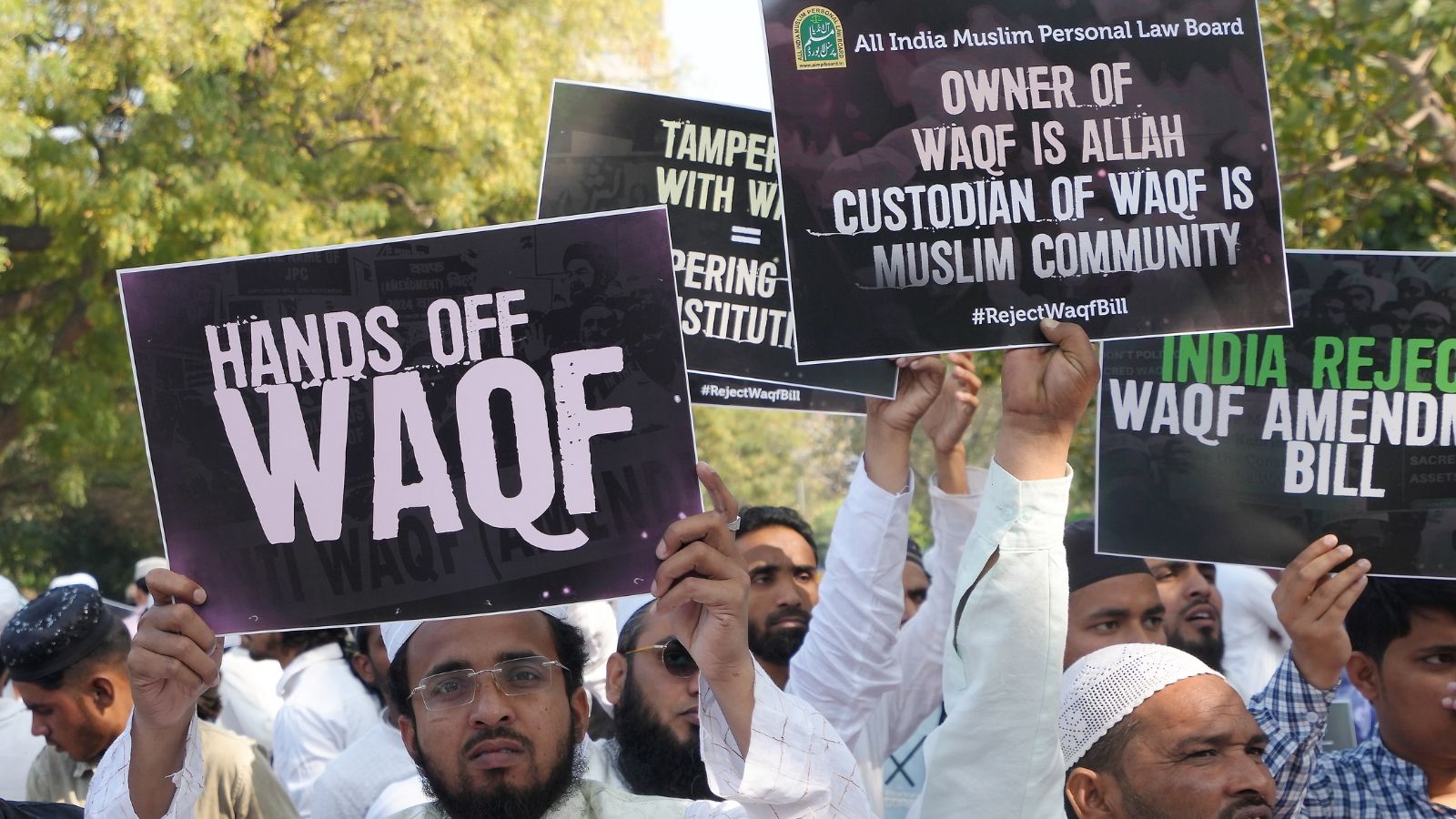Waqf Amendment Bill Tabled In Lok Sabha, All That You Need To Know
Union Minority Affairs Minister Kiren Rijiju tabled the Waqf Amendment Bill, 2024.
Union Minority Affairs Minister Kiren Rijiju on Wednesday tabled the Waqf Amendment Bill, 2024. The Centre believes the bill would improve the management of waqf properties in India. However, the bill faced strong resistance from the Opposition, who termed it as a “targeted” legislation. Here’s all that you need to know about Waqf and the powers of Waqf Board.

The Waqf Amendment Bill seeks to modify the Waqf Act 1995 and to address the challenges in the regulation and oversight of waqf properties. (File Pic)
Waqf refers to the permanent dedication of movable or immovable property for the purposes enshrined in Islam as pious, religious, or charitable. (File Pic)

In India, properties like mosques, idgahs, dargahs, khanqahs, imambaras, and graveyards fall under waqf. (File Pic)

According to Waqf Act 1954, a waqf property is a permanent donation by a person professing Islam, of any movable or immovable property, for any purpose recognised by the Muslim law as pious, religious or charitable. (File Pic)

A non-Muslim can also create a Waqf if he professes Islam and the objective of creating the Waqf has to be Islamic. The Waqf is managed by a mutawali, who acts as a supervisor. (File Pic)

The Waqf Act, of 1995 was enacted to regulate assets donated and notified as waqf (‘auqaf’) by a ‘wakif’, the person who dedicates a property for any purpose recognised by Muslim law as pious, religious or charitable. The Act was later amended in 2013 by the UPA government. (File Pic)

A Waqf Board has the legal authorisation to acquire and hold property and also to transfer any such property. (File Pic)

Furthermore, the board also has the power to administer the property and take measures for the recovery of lost properties and to sanction any transfer of immovable property of a Waqf through sale, gift, mortgage or lease. (File Pic)


